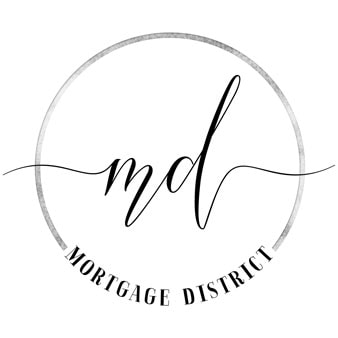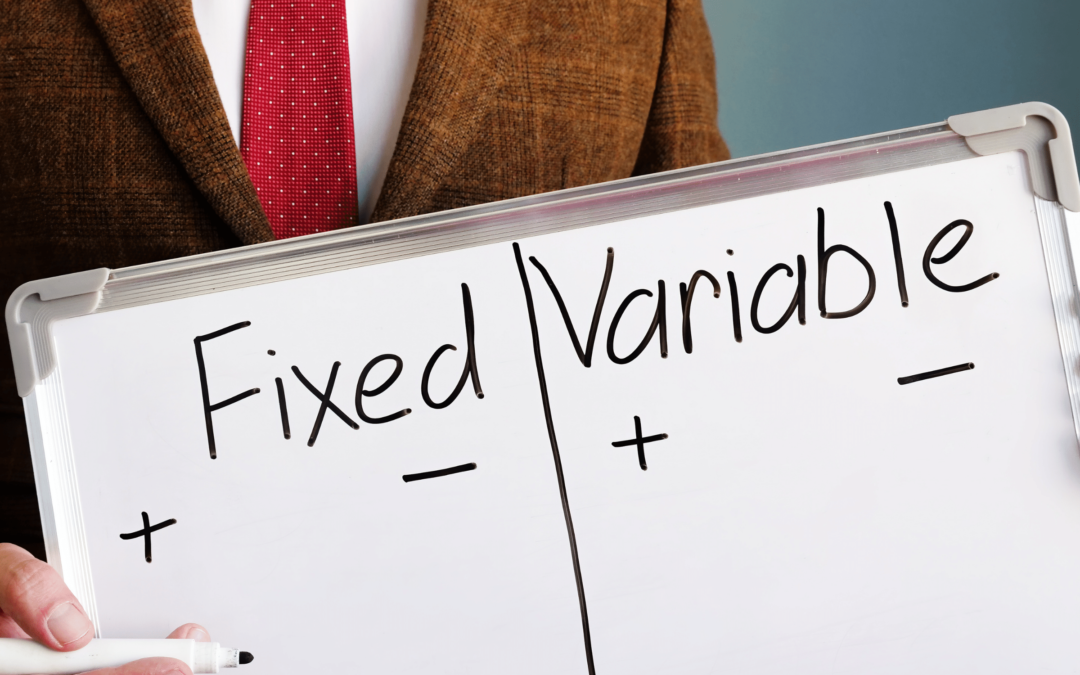The two main types of mortgages in Canada are Variable and Fixed. With a fixed-rate mortgage, your interest rate (and payment) stay the same throughout the term (i.e., 5-years fixed). Whereas with variable-rate mortgages, your interest rate (and payment) can fluctuate up or down during the term as the lenders prime rate (linked to Bank of Canada prime rate) adjusts up or down. Both mortgage rate types have many pros and cons. How do you choose the right type of mortgage to suit your individual needs? How might the pandemic impact your decision? There is no correct answer, but there are a few considerations to keep in mind.
The Pandemic Impact
The Coronavirus and the resulting economic impact has caused both fixed and variable mortgage rates to fall. In spring 2020, the Bank of Canada cut the prime lending rate by a total of 1.5% (3.95%-2.45%) as a way to stabilize the economy and specifically the housing market. Fixed rates soon followed, and now most new mortgage originations in Fall 2020 (fixed or variable) are sub 2%. Some experts believe that if the pandemic continues to wreak havoc into the new year, we can expect to see even further rate drops. While it is possible lenders could begin to raise fixed mortgage rates to slow down the surge of mortgage applications or because of liquidity concerns, experts consider this to be improbable. For some, it might seem safest to select a fixed-rate mortgage over a fluctuating variable-rate, but this is not necessarily the case.
What If You Need to Break Your Mortgage?
Should you ever be in a situation where you would want or need to break your fixed-rate mortgage, you could face harsh financial penalties. This penalty varies from lender to lender (each lender varies in how they calculate the Interest rate differential penalty differently) but generally, I tell clients to expect a 4.5% penalty on the balance of the mortgage to break. To give you an example; breaking a $400,000 mortgage by this calculation would cost around $18,000! Most people do not think they will break their mortgage early, however, banks report that over 60% of Canadian’s do end up breaking for one reason or another before the term is up. Keep this in mind when signing on the dotted line. In contrast, borrowers with variable-rate mortgages (in 99% of cases), are only charged a 3-month interest penalty to break early. To compare with the earlier example, a $400,000 mortgage would cost $1900 to break early compared to the estimated $18,000 for fixed. It’s not surprising then, that banks love selling the 5-year fixed rates!
While a fixed-rate mortgage can give you a more stable monthly payment, should you need to break this mortgage, you may wind up paying considerably more in fees than if you had taken a variable-rate. Due to the pandemic, the Bank of Canada has hinted at rates remaining low in the coming years, so an increase in prime interest rates seems unlikely to occur. Any time soon
My Tip:
If you entered into your mortgage agreement before the start of the pandemic, you might be able to break that mortgage and get a better rate today. Check with a mortgage broker to see if breaking your mortgage to lock in at a lower variable or fixed rate would be worth it. Overall, interest savings may end up offsetting the penalty of breaking your current mortgage. Locking in with a fixed-rate mortgage may be your best option if you have unstable income due to the pandemic or own a small business and would like the cost certainty of the fixed until the economy rebounds. Whereas if you have income certainty or you could manage slight increases or decreases to payment, a variable-rate will give you a discounted rate and provides you with additional flexibility during the term (max three months interest breakage fee should you want to re-structure things soon).
Other factors to consider that I will get more into in a future blog:
1) Big bank fixed mortgages (RBC, Scotia, BMO etc.) generally require much higher breakage fees to break fixed mortgages compared to the Monoline Lenders (First National, Merix financial etc). This has to do with how they calculate their Interest rate differential (IRD) penalties. If you are thinking fixed consider using a Monoline lender.
2) TD has a unique product that is a blend of the two mortgages types just discussed. It is a variable-rate mortgage with a fixed payment (Payment is fixed throughout the term, but the proportion of principal vs interest being paid within the payment fluctuates as the prime interest rate goes up or down). This product has the cost certainty of a fixed payment, with the perks of a lower variable-rate, and a max 3-month interest penalty should you ever have to break early.
If you would like to discuss what type of mortgage rate might be best for your situation, our team at HW Advantage can help you get the best rates, will give you professional advice, and make you feel confident you are making informed decisions. Give us a call at 905-541-6961 or fill out the form here to get started.


